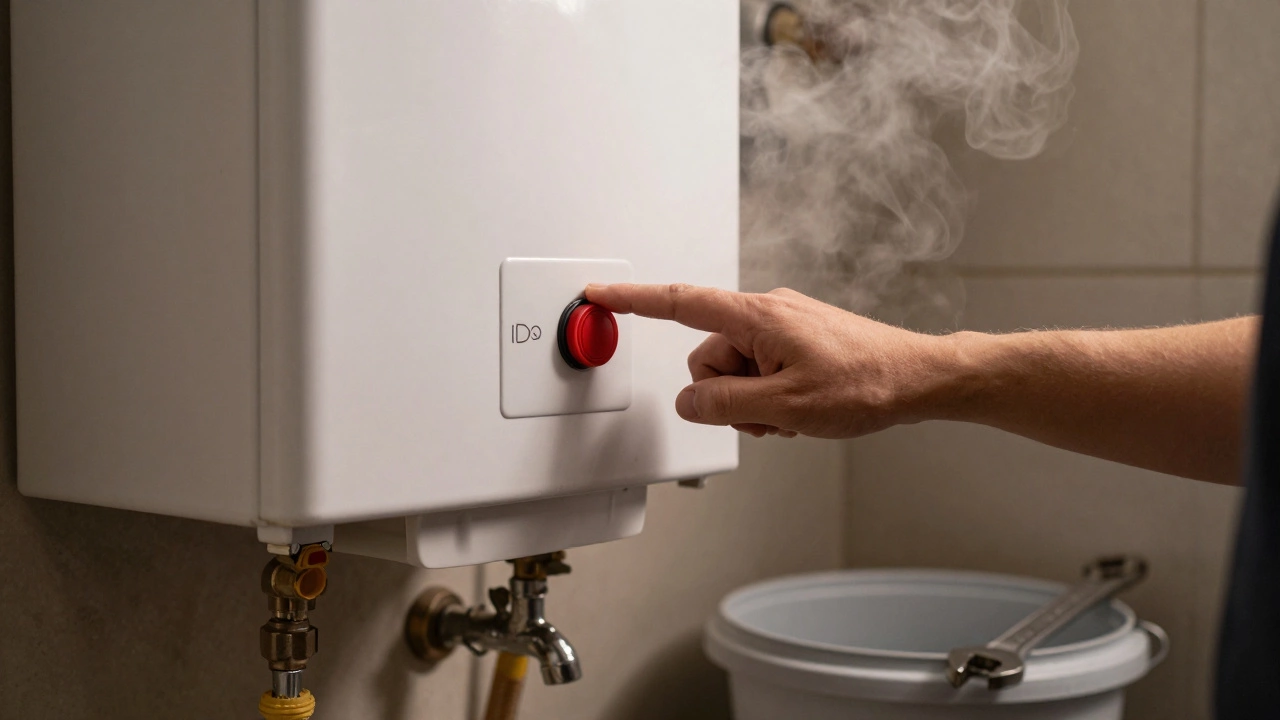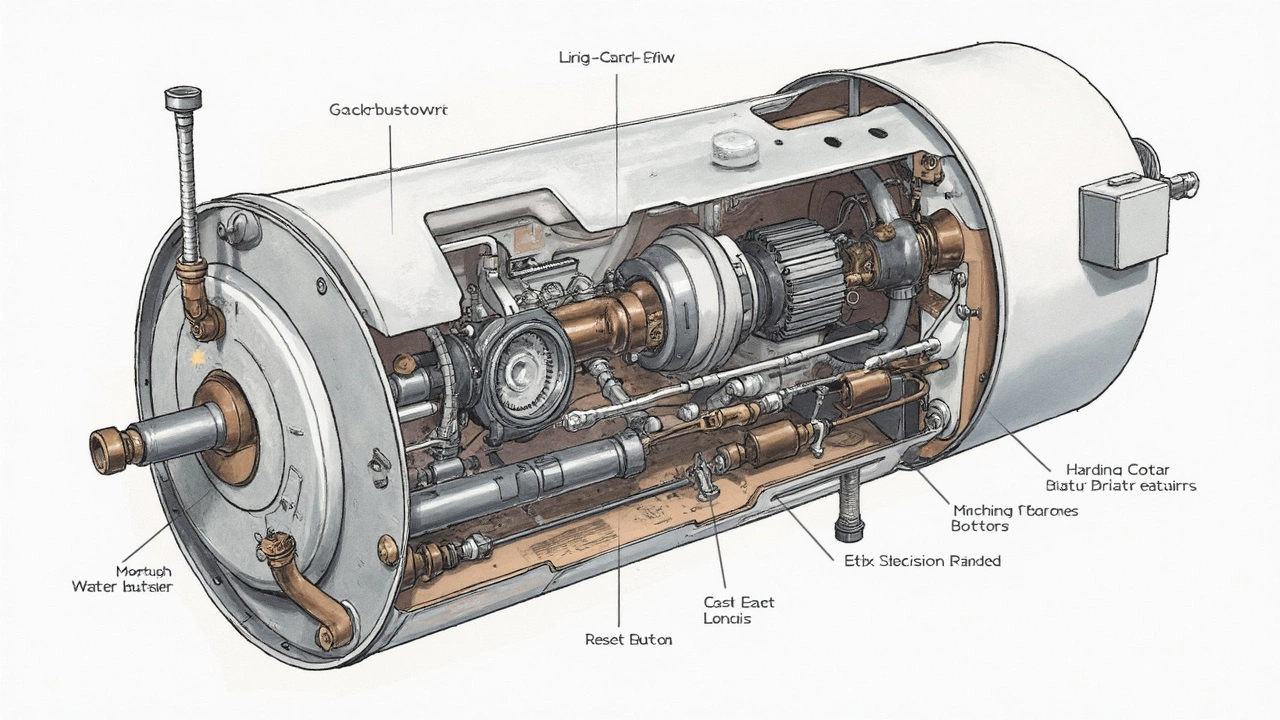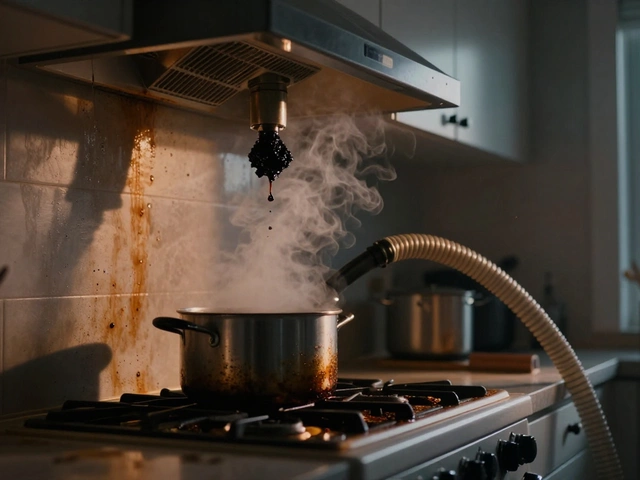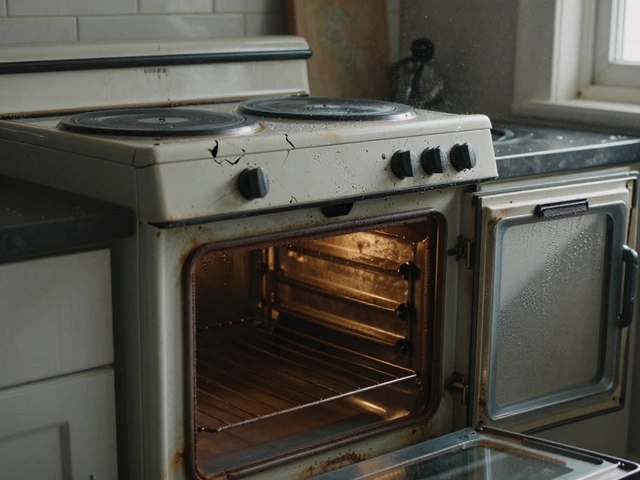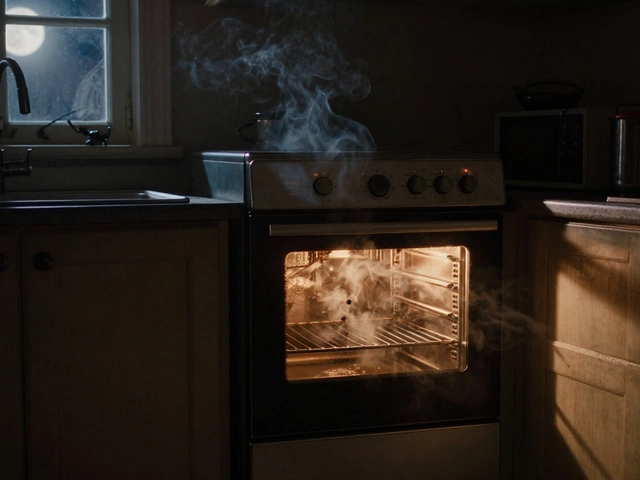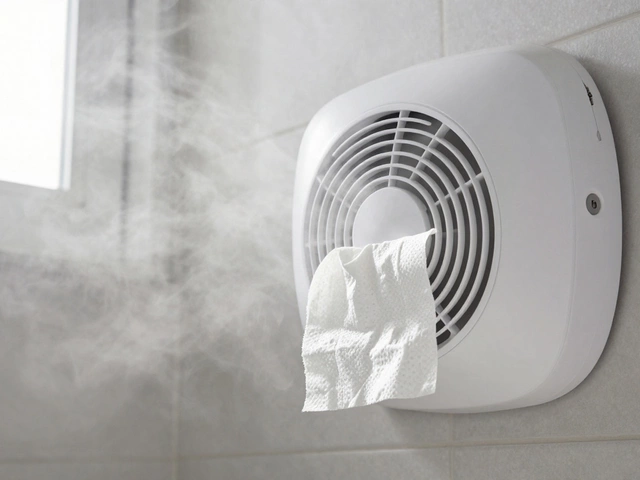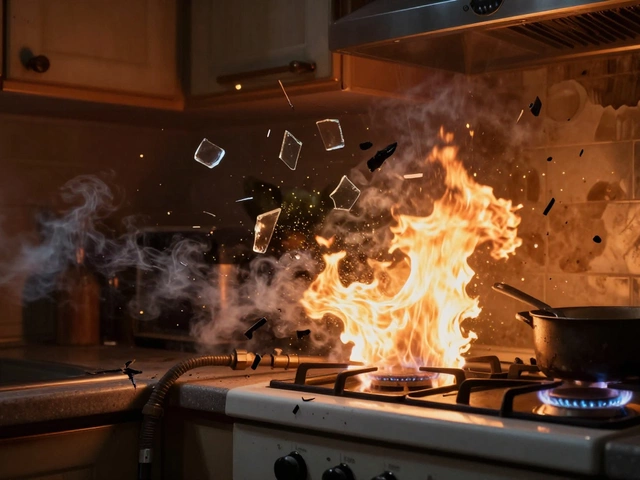Essential Water Heater Safety Tips for Every Home
If your water heater blows hot water on demand, it also needs a little love to stay safe. A few simple checks can stop leaks, burns, and scary carbon‑monoxide problems. Below are the most useful safety steps you can do yourself or hand to a pro.
Regular Maintenance Saves You Trouble
Turn off power or gas, then drain the tank at least once a year. This clears sediment that can cause overheating and rust. While the tank is empty, inspect the anode rod – it’s the metal stick that prevents corrosion. If it looks eaten away, replace it. A healthy anode means a longer‑lasting heater and fewer leaks.
Don’t forget the pressure‑relief valve. Lift the handle; water should flow out freely. If it sticks, the valve may fail later and cause a burst. Replacing a bad valve is cheap compared to a flooded basement.
Set the Right Temperature and Keep Kids Safe
Most experts recommend 120°F (49°C). Higher temps feel nicer, but they raise burn risk, especially for kids and the elderly. Adjust the thermostat on electric heaters or the gas control knob on gas units. If you’re not comfortable doing it, ask a technician – they can lock the setting to prevent accidental changes.
Install a child‑proof cover on the thermostat knob if it’s within reach. Also, keep the area around the heater clear. Flammable items like curtains, paper, or cleaning supplies should stay a safe distance away.
Watch for Warning Signs
Strange noises, such as popping or rumbling, often mean sediment buildup. A rusty smell or discolored water signals corrosion. If the water heater constantly trips the reset button, the heating element may be failing. In those cases, call a qualified repair person right away.
For gas heaters, a yellow flame instead of blue, a hissing noise, or a strong gas smell means a serious issue. Turn off the gas supply, ventilate the area, and call a professional immediately. Carbon monoxide detectors near the heater are a must – they warn you before the invisible gas becomes dangerous.
Following these easy steps helps you avoid expensive repairs, keep your family safe, and get reliable hot water year after year. If you’re ever unsure, a quick call to a local appliance repair service can give you peace of mind.
Should You Fix Your Own Water Heater? Here's What Actually Works
- Alden Wilder
- Dec 28 2025
- 0 Comments
Should you fix your own water heater? Learn which repairs are safe to do yourself and which ones could put your home-and your life-at risk. Save money without risking disaster.
View MoreIs It Safe to Reset a Water Heater? Decoding the Risks and Fixes
- Alden Wilder
- Apr 4 2025
- 0 Comments
Resetting a water heater might seem like a quick fix when it's not performing right, but is it truly safe? In this piece, we'll explore what happens when you hit that reset button, why your water heater might need one, and the safety precautions you should take. Understanding these elements can help prevent potential hazards and enhance the life of your water heater. Dive into these important insights to handle your water heater safely and effectively.
View More